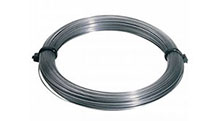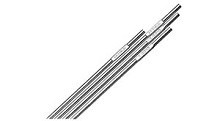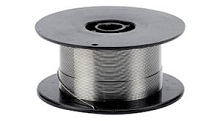Alloy 20 is an iron-base, austenitic alloy with tremendous corrosion resistance to a range of different media and shows to be of a great usage in a number of applications like flue-gas desulfurization, chemical processing, food processing and storage in addition to pharmaceutical applications to mention a few. Application of the alloy could save cost when carefully compared to higher-cost alloys to decide if the essential resistance is attained in the chosen media. Applications are restricted to a maximum temperature of 1000 °F per ASME.
Resistance to sulfuric acid is particularly excellent, but the alloy shows good resistance to phosphoric acid, nitric acid and also in chloride environments. Alloy 20 is a good option when chloride stress corrosion cracking is an issue and resists pitting and crevice corrosion.
To achieve maximum, ductility, material would be heated to 2100 oF. However, this heating process would have a negative effect on the stability of the material. This material works successfully with most common welding methods with the exception of oxyacetylene. The presence of columbium tends to reduce the precipitation of carbides in the heat affected zone, so in most cases, this material can be used in the “as welded” condition. Pre-heating is not required
This alloy can be successfully hot formed using forces similar to those required by austenitic stainless steels. This alloy can be successfully cold formed using all common practices. Its elevated strength may require higher forming pressures. Annealing is done by soaking thoroughly at 1725-1850 F (941-1010 C), water quenched. This alloy can only be hardened by cold work
Pharmaceutical Industry
Alloy 20 Wire Coil
Alloy 20 Welding Rod



